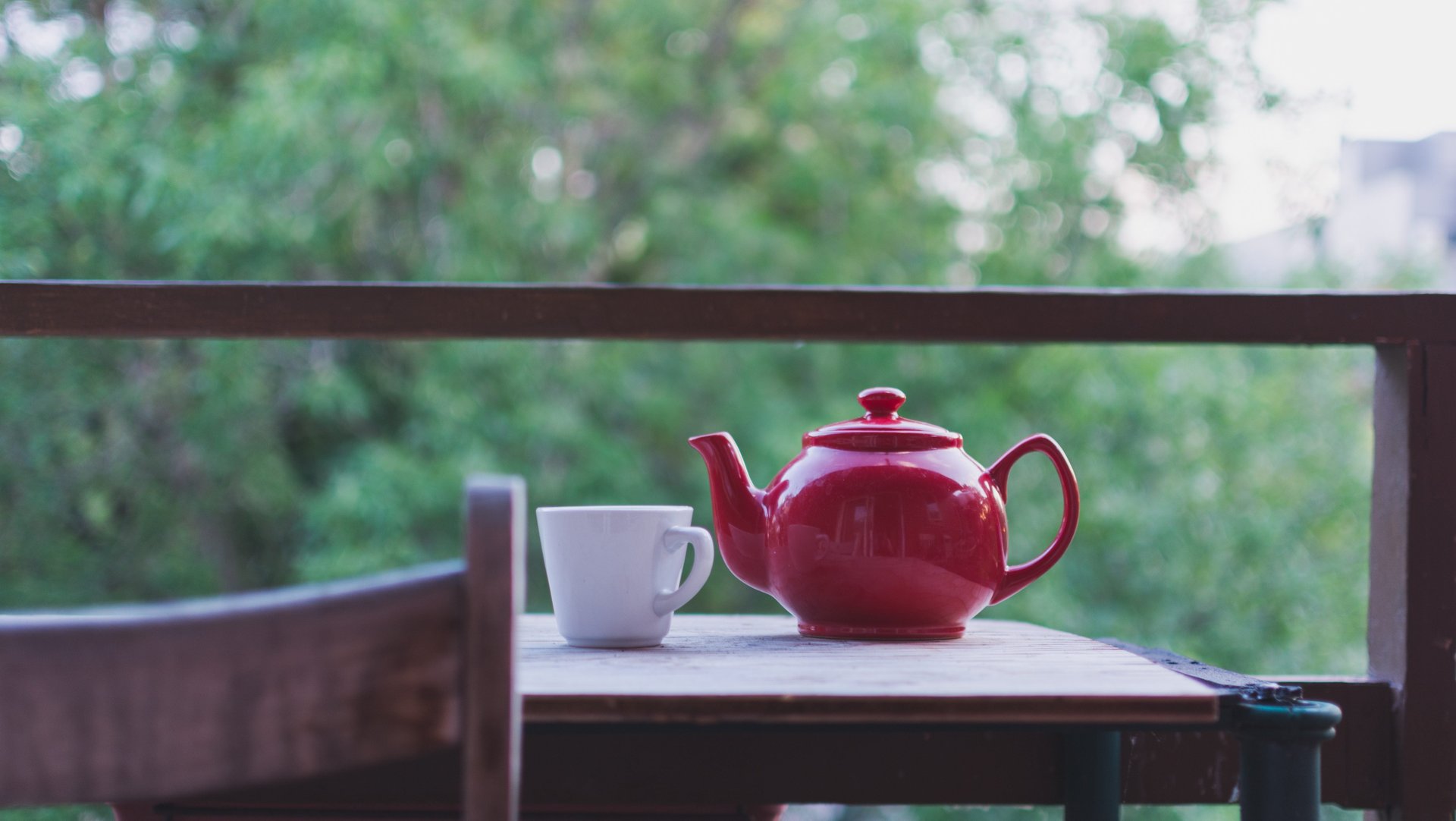A billion-dollar Tata company wants to take over the humble Indian tea shop
After serving you coffee, one of India’s oldest conglomerates is turning to piping hot tea.


After serving you coffee, one of India’s oldest conglomerates is turning to piping hot tea.
Bengaluru-based Tata Global Beverages (TGB), the world’s second-largest tea company and part of the Tata group, announced (pdf) on Oct. 31 that it is launching a tea cafe in Bengaluru to capitalise on the growing consumption in cafes.
“Indians love boiled tea,” the company said in a filing to the stock exchange, adding that its stores, branded Tata Cha, will “serve freshly boiled tea, just like the corner tea shop.” The company will add three more outlets in the southern Indian city and evaluate the future course depending on their success.
Tata Cha’s launch comes at a time when tea cafes are sprouting all over the country, serving young urban Indians with rising disposable incomes. Chains such as Chaayos and Chai Point, backed by investors, have already proliferated in major cities of the country.
This is the $1.4 billion (turnover) TGB’s second try at tea cafes. In 2009, it had launched the Chai Unchai chain in a kiosk-format with a limited menu. The venture was shut down within a year for lack of scale. TGB, which also sells the Himalaya brand of mineral water and Tata Grand coffee, now reckons that serving cups of tea priced at Rs50 each is likely to “enhance the appeal of tea and make it more vibrant for the newer consumer groups like the millennials.” The stores will be sized between 1,200 to 1,400 square feet, and will serve kebabs and khichdi, along with hot cups of tea.
In 2012, Seattle-based coffee chain Starbucks entered India through an equal joint venture with TGB. The chain now has a 100 stores in the country.
Tea time
India is the world’s largest producer and consumer of black tea, with close to 90% of households consuming it. Outside homes, scores of street-side vendors sell hot cups of tea priced between Rs5 and Rs15 to millions of Indians on the move.
Yet, very few companies have attempted to create organised cafes and stores. “Real-estate costs in India are high and you need to micro-manage your back-end to make it very efficient if you want to serve tea at low price points,” Gaurav Marya, owner of Franchise India, a platform that connects entrepreneurs to franchisees, told Quartz.
Over the last five years, though, entrepreneurs such as Chai Point’s Amuleek Bijral and Chaayos’s Nitin Saluja have tapped the opportunity presented by India’s growing appetite to eat and drink, especially in Bengaluru, Delhi-NCR, Mumbai, and Pune. These chains offer cups of tea starting anywhere between Rs50 and Rs70, with nibbles such as egg-buns, patties, poha, and cakes. The ambience offered at the outlets, located usually in corporate parks, airports, malls, and markets, is typically relaxed.
As these chains have grown—Chai Point has over 90 stores—investor interest has also risen. In 2015, for instance, VC firm Tiger Global invested in New Delhi-based Chaayos, validating its business model.
Meanwhile, companies with deep pockets and solid experience in selling packaged tea have also looked to monetise the trend. In 2015, Mumbai-based consumer goods giant Hindustan Unilever, which sells popular tea brands Brooke Bond and Red Label, opened a high-end tea joint, Taj Mahal Tea House.
Now, add the Tatas to the list.